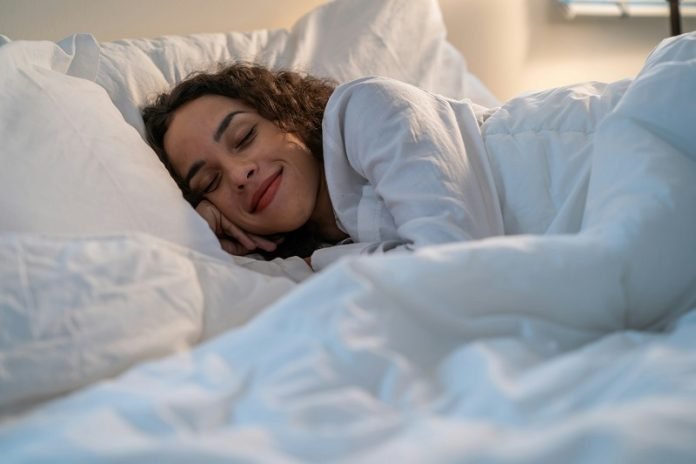
Scientists from Australia’s Monash University and the University of Birmingham in the UK have created a blood test that can figure out if someone hasn’t slept for a whole day.
This discovery is especially important because not getting enough sleep can be very dangerous, especially in jobs where staying alert is crucial for safety.
This new test looks for specific signs in the blood that only show up when a person has been awake for more than 24 hours.
By studying healthy volunteers in a controlled environment, the researchers found these signs with a remarkable accuracy of over 99% when compared to times when the volunteers had plenty of rest.
Even without a rested sample for comparison, the test was still able to accurately detect 24 hours of wakefulness 89.1% of the time, which is quite impressive.
Considering that tiredness causes around 20% of road accidents globally, this test could be a game-changer. It might soon help identify sleepy drivers before they cause accidents.
The test could also be useful in workplaces where being alert is critical to prevent disasters.
Professor Clare Anderson, who played a leading role in the research, believes this breakthrough could significantly improve how health and safety related to lack of sleep are managed.
She highlighted the dangers of driving with less than five hours of sleep, comparing 24 hours without sleep to driving with a blood alcohol concentration twice over the legal limit in Australia.
However, there’s still a long way to go before this test becomes a common tool for assessing sleep deprivation in real-world settings, like after a car accident.
Dr. Katy Jeppe, another key researcher, mentioned the need for more studies in less controlled environments and possibly for forensic use.
One of the test’s limitations is that it requires a blood sample, which might not be practical for roadside checks. Future research could explore whether the same signs of sleep deprivation could be found in saliva or breath, which would make the test more versatile.
This test currently works for detecting when someone has been awake for more than 24 hours, but it might also be possible to develop it further to gauge if someone had limited sleep the previous night. However, more research is needed to make this a reality.
Sleep deprivation is not just a personal issue; it’s a public safety concern. Tragic events like the Chernobyl disaster and the Challenger space shuttle explosion have been linked to human errors caused by fatigue.
Therefore, finding reliable ways to detect sleep deprivation is crucial for preventing such disasters in the future.
Like how alcohol testing has helped reduce drunk driving accidents, this new test for sleep deprivation could potentially save lives by ensuring people are well-rested before taking on tasks that require full alertness.
Nonetheless, there’s still much work to be done to bring this test into everyday use, including further validation of the markers, understanding the safest levels of sleep, and navigating the legal processes involved.
If you care about sleep, please read studies about herb that could help you sleep well at night, and these drugs could lower severity of sleep apnea by one third.
For more information about sleep, please see recent studies that coffee boosts your physical activity, cuts sleep, affects heartbeat, and results showing how to deal with “COVID-somnia” and sleep well at night.
The research findings can be found in Science Advances.
Copyright © 2024 Knowridge Science Report. All rights reserved.



